In his inaugural address as President of Taiwan, Lai Ching-te delivered a strong message to China, urging them to “cease their political and military intimidation against Taiwan” and recognize its democracy and sovereignty.
Lai, who was sworn in on Monday at the presidential office in Taipei, takes over from Tsai Ing-wen, 64, who served two terms spanning eight years.
Join our WhatsApp ChannelLai’s presidency is viewed with concern by China, which sees him as a “dangerous separatist.” He has been a vocal critic of the Chinese government, particularly President Xi Jinping’s goal of reunifying Taiwan and mainland China, which he considers inevitable. This has intensified the complex political struggle between China and Taiwan, rooted in the aftermath of the Chinese Civil War in 1949, when the Communist Party took power in mainland China, and the Nationalist government retreated to Taiwan.
Despite governing itself independently for decades, Taiwan is viewed by China as a breakaway province, and reunification is seen as a core national interest, even potentially by force. Recent tensions escalated following Lai’s election, with China sending warships and military vessels around the Taiwan Strait, signaling its stance to the United States and other foreign powers supporting Taiwan’s independence.
Before that, the visit of Nancy Pelosi in 2022, when she was the US House Speaker, raised eyebrows in China.
In his address, Lai affirmed Taiwan’s stance, stating they will not yield to China’s intimidation. He called on China to respect Taiwan’s choices and engage in dialogue and cooperation.
He urged China to “cease their political and military intimidation against Taiwan, share with Taiwan the global responsibility of maintaining peace and stability in the Taiwan strait as well as the greater region, and ensure the world is free from the fear of war.”
“I hope that China will face the reality of the Republic of China’s existence, respect the choices of the people of Taiwan, and in good faith, choose dialogue over confrontation, exchange over containment, and under the principles of parity and dignity, engage in cooperation with the legal government chosen by Taiwan’s people,” he added.
READ ALSO: US Senate Passes $95.3bn Aid Package For Ukraine, Israel, Taiwan Amid Domestic Debate
Lai emphasized that as long as China maintains its use of force against Taiwan, even if Taiwan were to accept China’s terms, China’s ambition to annex Taiwan would persist.
Responding to Lai’s address, Wang Wenbin, a spokesperson for China’s foreign ministry, reiterated China’s stance against Taiwan independence, stating that regardless of the pretext or banner, such efforts are bound to fail.
Before his presidency, Lai served as a doctor before transitioning into politics. He was Tsai Ing-wen’s vice-president since 2020 and previously served as her premier. He won the election in January under the Democratic Progressive Party of Taiwan.
In his inaugural address as President of Taiwan, Lai Ching-te delivered a strong message to China, urging them to “cease their political and military intimidation against Taiwan” and recognize its democracy. Lai, who was sworn in on Monday at the presidential office in Taipei, takes over from Tsai Ing-wen, 64 who served two terms spanning eight years.
Lai’s presidency is viewed with concern by China, which sees him as a “dangerous separatist.” He has been a vocal critic of the Chinese government, particularly President Xi Jinping’s goal of reunifying Taiwan and mainland China, which he considers inevitable. This has intensified the complex political struggle between China and Taiwan, rooted in the aftermath of the Chinese Civil War in 1949, when the Communist Party took power in mainland China, and the Nationalist government retreated to Taiwan.
Despite governing itself independently for decades, Taiwan is viewed by China as a breakaway province, and reunification is seen as a core national interest, even potentially by force. Recent tensions escalated following Lai’s election, with China sending warships and military vessels around the Taiwan Strait, signaling its stance to the United States and other foreign powers supporting Taiwan’s independence.
Before that, the visit of Nancy Pelosi in 2022, when she was the US House Speaker, raised eyebrows in China.
In his address, Lai affirmed Taiwan’s stance, stating they will not yield to China’s intimidation. He called on China to respect Taiwan’s choices and engage in dialogue and cooperation.
He urged China to “cease their political and military intimidation against Taiwan, share with Taiwan the global responsibility of maintaining peace and stability in the Taiwan strait as well as the greater region, and ensure the world is free from the fear of war.”
“I hope that China will face the reality of the Republic of China’s existence, respect the choices of the people of Taiwan, and in good faith, choose dialogue over confrontation, exchange over containment, and under the principles of parity and dignity, engage in cooperation with the legal government chosen by Taiwan’s people,” he added.
Lai emphasized that as long as China maintains its use of force against Taiwan, even if Taiwan were to accept China’s terms, China’s ambition to annex Taiwan would persist.
Responding to Lai’s address, Wang Wenbin, a spokesperson for China’s foreign ministry, reiterated China’s stance against Taiwan independence, stating that regardless of the pretext or banner, such efforts are bound to fail.
Before his presidency, Lai served as a doctor before transitioning into politics. He was Tsai Ing-wen’s vice-president since 2020 and previously served as her premier. He won the election in January under the Democratic Progressive Party of Taiwan.

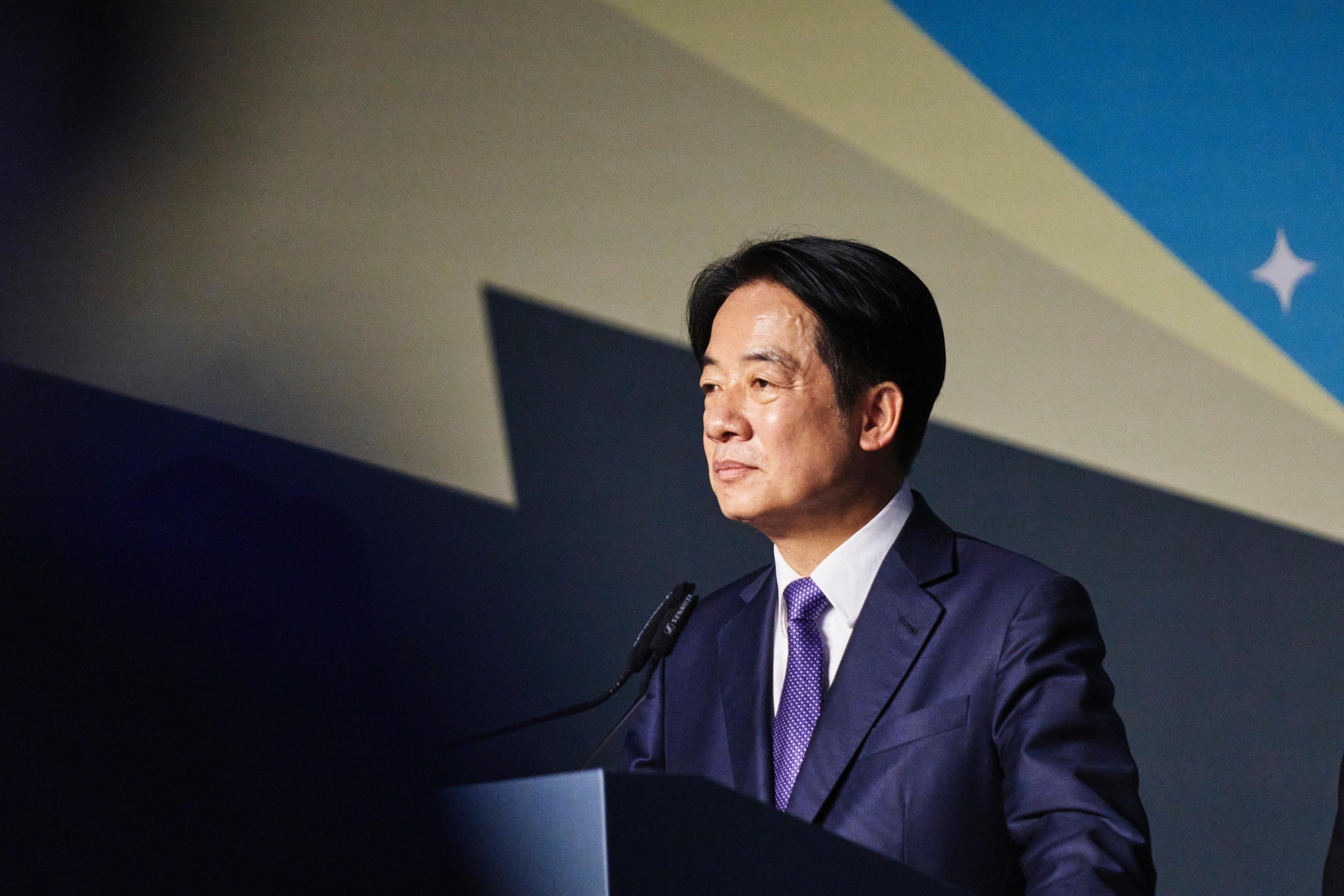


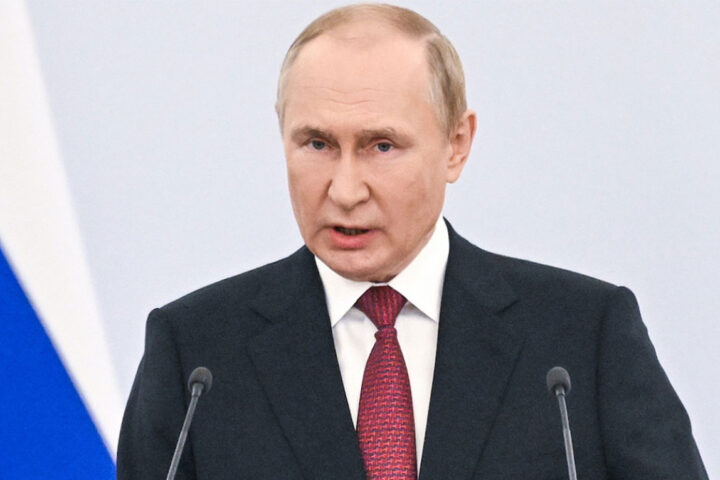
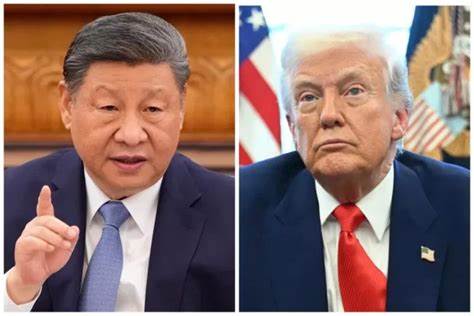
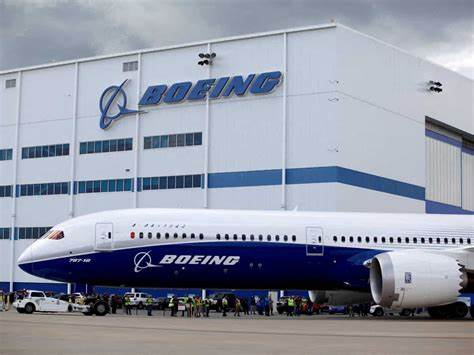








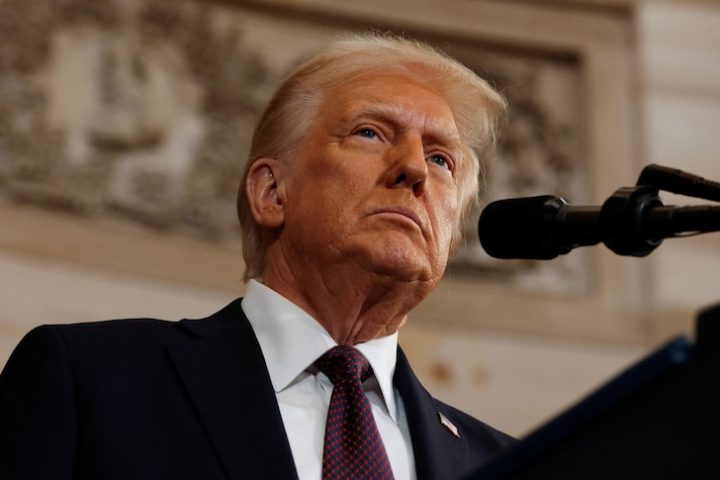
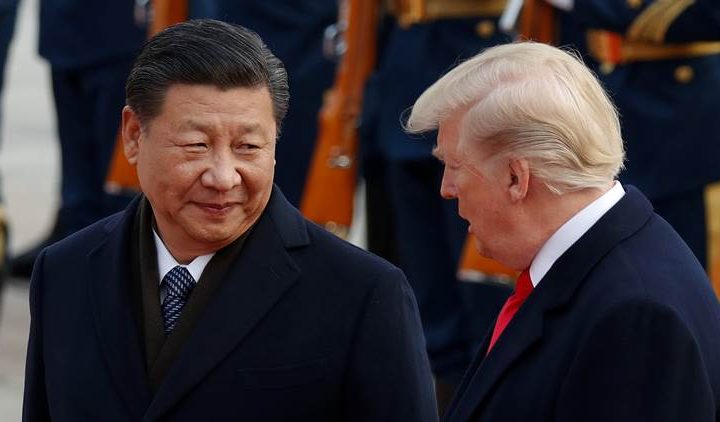
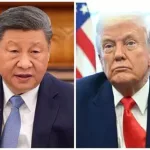
Follow Us